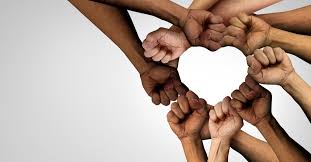Challenge Woke & DEI
Objective & Focus Area
Primary Objective
Environment Ambitions,Social Ambitions
Glimpse Into The Future
Desired Outcomes
Awareness,Equality,Feel-good,Fulfillment,Growth,Inclusion,Influence,Meaning,Peace of mind,Trust,Well-being
Location or Area Impacted
Address
City of London, Greater London, England, United Kingdom
Next Steps
Help Needed
Publicity, Debate
Other Help Options
Like or Dislike Listing, Review Listing, Share Listing
Next Steps
Do you believe in constructive dialogue and the potential to bridge divides? Join the conversation today. Share your perspective, challenge assumptions, and collaborate on ways to take the best of woke and DEI while mitigating unintended consequences. Together, let’s chart a path forward.
Post Review
Login to Write Your ReviewThere are no reviews yet.






